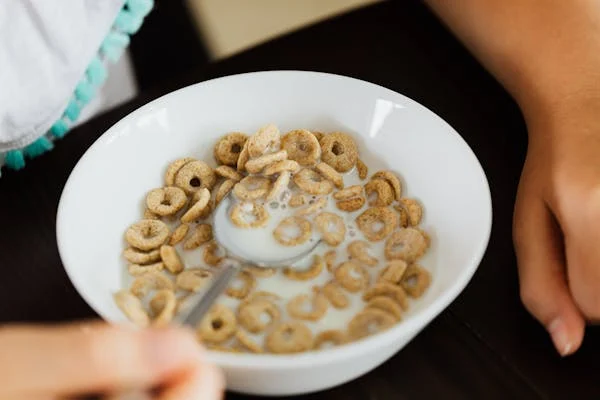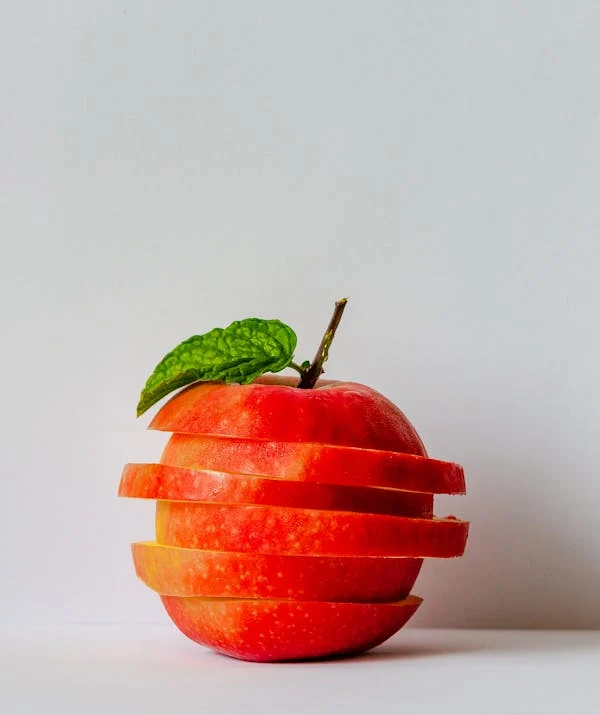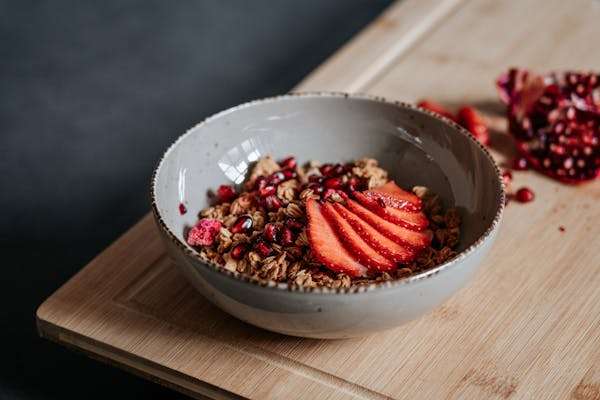Best food to eat when sick? Are you sick and have a loss of appetite? Are you still worried about what you can eat? What not to eat?
When you are sick, your body actually needs more calories and nutrients to maintain physiological functions and fight against foreign viruses. “Food is good medicine ” Therefore, in addition to taking medicine when you are sick, eating some appropriate foods can also reduce the discomfort of symptoms! The following introduces what foods can or cannot be eaten for some diseases.
1. Cold:
When you have a cold, the immune system is fighting. Therefore, the calories and nutrients should be concentrated on fighting the virus and reducing gastrointestinal digestion. Food should be chosen, a light diet that is easy to digest and highly nutritious is better.
Best food to eat when sick:
A light diet that is small in quantity but can increase calories: rice porridge with meat floss, seaweed, steamed eggs with diced mushrooms or minced meat, and thick soup.

High-quality protein: deep-sea fish, tofu, soy milk, eggs.
Beverages containing vitamin C: kiwi juice, orange juice
Easy-to-digest foods: lean meat porridge, fish porridge.
What to Avoid:
Difficult to digest proteins: meat, milk.
High fiber: fresh fruit, celery, pineapple.

2. Gastritis:
The digestive tract of patients with gastritis or gastric ulcers has become fragile. Therefore, the rest and repair of the gastrointestinal tract is the primary focus. When choosing a diet, you should choose mild foods that do not irritate the gastrointestinal tract, are low in fiber, easy to absorb, and highly nutritious.
What to Eat:
Replenish water: drink warm and light salt water, light black tea water, and cooking water alternately.
Liquid food (mainly salty food): clear soup, rice soup, almond tea, rice soup, egg soup, etc.
Soft foods with low fiber: soft rice, porridge, lotus root starch, soy milk, steamed eggs, oranges, yogurt, soda crackers, salty bread, etc., steamed or stewed fresh fish, lean meat puree, young vegetables, etc.
Easy-to-digest diet: cooked lean meat or minced meat, braised fish fillets, fish balls, etc. Cooking methods should be steamed, boiled, and stewed to facilitate digestion and absorption.
What to Avoid:
High-fiber fruits and vegetables: Celery, pineapple.
Overly sweet foods: banana, durian, longan, red bean soup.
Strong seasonings: chili, garlic, green onions, mustard.
Foods that cause gas and flatulence: high-calcium foods like milk and dairy products.
3. Diarrhea:

During diarrhea, food is not fully digested and the number of liquid stools increases. Therefore, the focus is on replenishing electrolytes and vitamins, preventing dehydration, and allowing the gastrointestinal tract to rest.
When choosing a diet, you should choose mild foods that do not physically irritate the gastrointestinal tract, are low in fiber, and are easy to digest.
What to Eat:
Low-fiber foods: low-fiber soft fruits and vegetables, white toast, white steamed buns, white porridge

Low-residue food: peel tender meat, and filter residue juice.
And timely replenish water, electrolytes, and vitamins.
What to Avoid:
Foods that are difficult to digest: muscles, gluten.
High-residue hard foods: unprocessed and ground beans, cashews, and walnuts.
Foods that cause gas and flatulence: high-calcium foods like milk and dairy products.
High-fiber fruits and vegetables: bamboo shoots, celery, pineapple.
4. Constipation:

When constipated, feces are blocked in the intestines and cannot be discharged. The focus is to improve the constipation condition. When choosing a diet, you should choose high-fiber foods with dietary fiber to help the stool absorb water and promote intestinal peristalsis and defecation.
What to Eat:
High-fiber foods: Bamboo shoots, celery, pineapple, and other natural fresh high-fiber fruits and vegetables.
Whole grains: multigrain rice or whole wheat bread.
What to Avoid:
Refined and processed foods: white rice, white steamed buns, white bread, peeled fruit, or filtered juice. To avoid the occurrence of diarrhea or flatulence, you must pay attention to your diet and adjust your high-fiber diet gradually.
When you are sick, if you can adjust your diet appropriately according to different disease types, you will be able to relieve symptoms, improve the condition, and help patients recover as soon as possible
Conclusion:
Selecting the healthiest food to consume during illness is essential for promoting healing and reducing discomfort. You may assist your body’s defenses against disease by emphasizing readily digestible, nutrient-dense foods and drinks such as rice porridge, lean proteins, and vitamin C-rich drinks.
Recall to stay away from meals that could make symptoms worse, like foods high in fiber or those that are hard to digest. Making dietary changes a priority in addition to receiving medical care can greatly improve your well-being and hasten the healing process. Which meal is best to consume when ill? Allow it to be your healing ally. Click to learn more.
FAQs:
1. What foods are recommended when experiencing a cold?
-
- Opt for light, easily digestible foods like rice porridge, steamed eggs, and lean meats to support your immune system without burdening your stomach.
- Are dairy products suitable for gastritis?
- It’s best to avoid high-calcium foods like milk, as they can exacerbate symptoms. Instead, opt for low-fiber, easily digestible options like rice soup and steamed fish.
- What foods should I avoid during diarrhea?
- Stay away from hard-to-digest items like beans and gluten, as well as high-fiber fruits and vegetables, to help ease digestive discomfort.
- How can I alleviate constipation through diet?
- Incorporate high-fiber foods such as bamboo shoots and whole grains into your meals to promote bowel movements and improve intestinal health.
- Is it necessary to adjust my diet when sick?
- Yes, adapting your diet according to your illness can help alleviate symptoms and aid in faster recovery by providing essential nutrients while avoiding foods that may worsen your condition.
